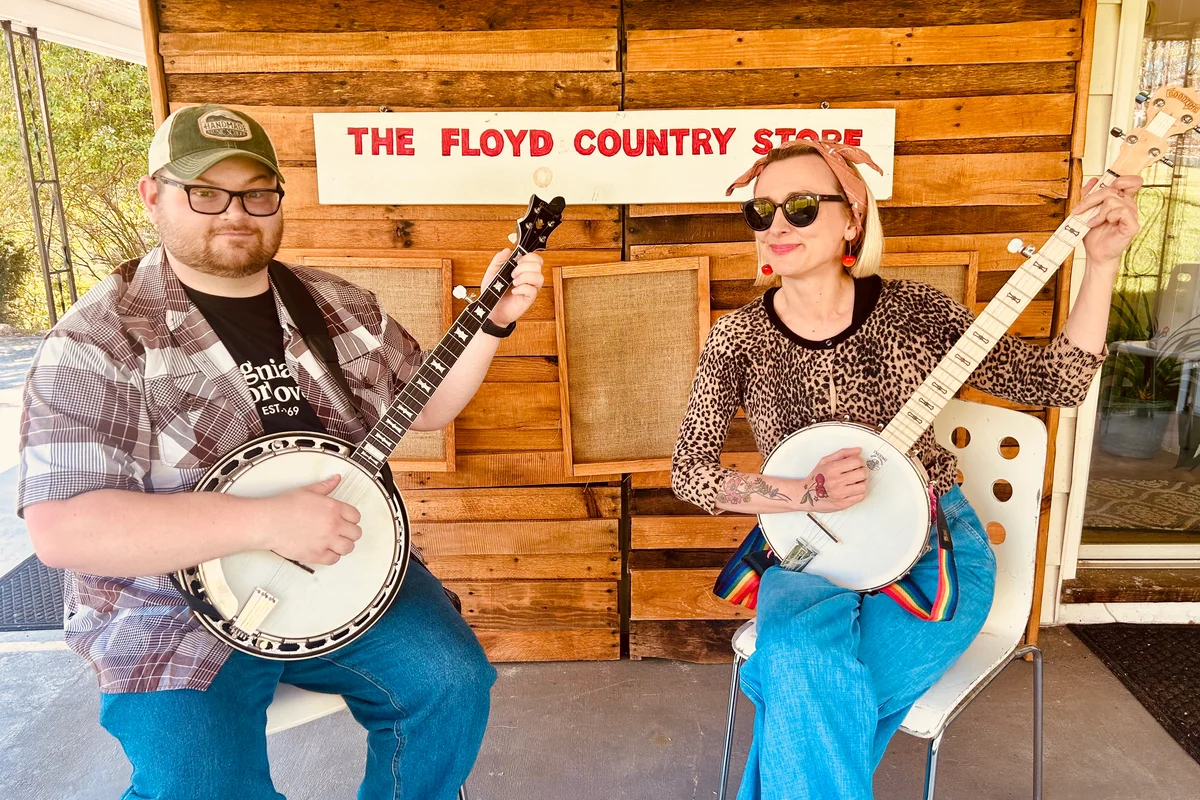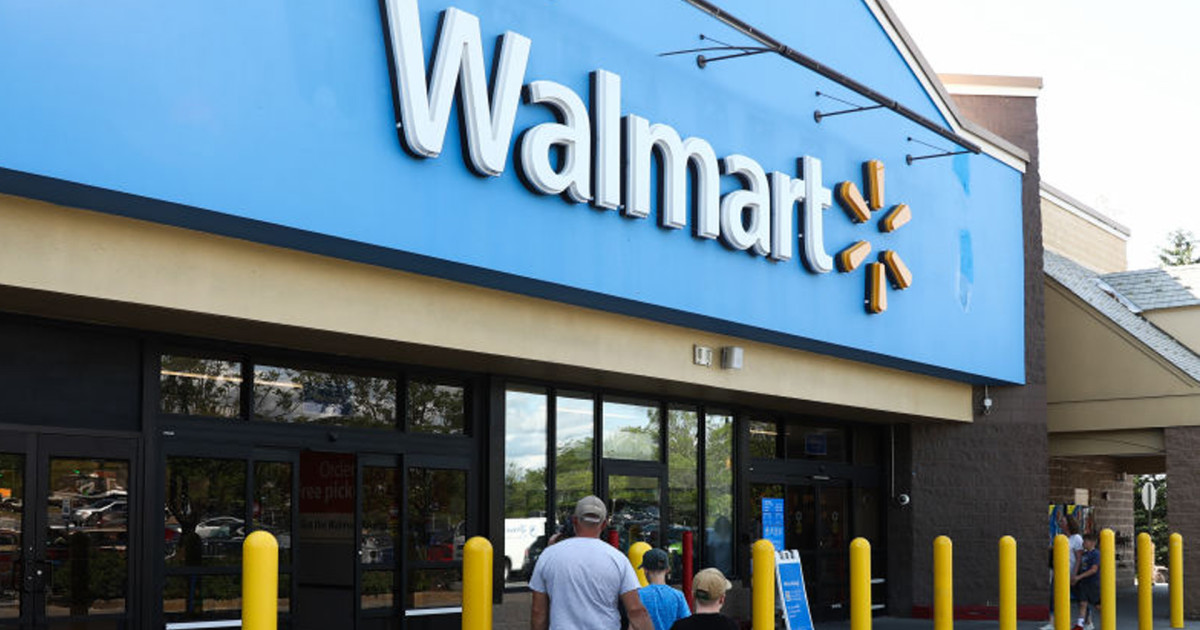Copyright independent

Picture the birthplace of country music and your mind may naturally drift to Nashville, where neon-lit honky-tonks hum from noon until night. But travel a few hundred miles further east, into the leafy foothills of Virginia’s Blue Ridge Mountains, and you’ll discover a much older origin story – one that has quietly shaped the soundtrack of America. I’m here to explore the Crooked Road, a 330-mile heritage music trail weaving through the misty contours of southwest Virginia’s Appalachian Mountains. This immersive stretch of Americana links a network of rural small towns via ten major music hubs and over 60 affiliated venues, celebrating everything from front porch jam sessions to boot-stomping community dances, all set to a soundtrack of bluegrass and old-time tunes. Think of the twangy score from the Coen Brothers’ O Brother, Where Art Thou?, and you’re in the right key. I’ve even brought my banjo along for the ride, an instrument mostly resigned to a dusty corner since I first picked it up a decade ago. If anywhere can coax life back into its strings, it’s this musical highway, I reason, touching down in Roanoke. Read more: A Virginia road trip from mountains to coast Let’s start with the drive, because the Crooked Road lives up to its name. A couple of hours in, and I’ve begun to lean into the hairpin bends, which twist and turn through a landscape so lush and lyrical it’s little wonder this stretch is regularly ranked among America’s most scenic routes. Red-rust barns and verdant hills line the roadside as I pull into my first stop: Floyd, a free-spirited hippie town with a population of just 449. “If you drive past the traffic light, you’ve already missed it,” a local with a wispy beard grazing his chest had warned me: the single stoplight town being easy to blink past. Pulling over, I find the quaint main street jostling with pottery studios, artisan coffee spots and shops brimming with farm-fresh produce. At the heart of this small but mighty community is the Floyd Country Store, a former grocery shop dating back to 1909. Once nearly lost to time, it was revived in 2014 by Dylan Locke and his wife Heather, since then attracting big-name performers like Gillian Welch to its dinky stage. Inside, the air is thick with the scent of slow-baked apple pie, and gingham cloths cover tables that fringe the well-worn wooden dancefloor. Over a bowl of hearty stew and a slice of home-cooked cornbread, Dylan explains how Floyd, a former industrial town, found a new rhythm through music-led tourism. “This kind of music resonates globally,” he says. “Because it comes from all over and feels familiar to many people.” Scottish and Irish settlers brought the fiddle, English ballads endured, and the banjo’s roots trace back to West Africa, carried by enslaved people. “People have been playing this music in these hills for hundreds of years,” Dylan continues. “In this area of Appalachia, the traditions held on longer, partly because folks didn’t move around much, as the railway never made it all the way into these mountains.” Today, there’s rarely a quiet moment at this nostalgic venue. Weekly songwriting circles, the long-running Friday Night Jamboree – a local tradition since the early Eighties – and the monthly Floyd Radio Show keep things lively. There’s even The Handmade Music School, set up to safeguard Appalachian music and dance traditions. Read more: How to explore Louisiana’s music – from jazz and Cajun to Zydeco I sign up for a one-on-one banjo lesson with master picker Jared Boyd, who in just thirty minutes manages to sort out my errant clawhammer technique. On a roll, I join teenage dancer Ipi Hello for a session of flatfooting, a relaxed, rhythmic folk dance with echoes of traditional Irish dancing, but more louche. The evening wraps up with me two-stepping to the lively tunes of the old-timey house band, partnering with a merry-go-round of friendly residents. The following morning, I continue along the Crooked Road to the Blue Ridge Music Center, a scenic amphitheatre and museum nestled near Galax. Like many of the trail’s venues, it comes alive in the warmer months when the open-air stage hosts a full programme of bluegrass, classic country, and roots performances. Against a backdrop of green mountain slopes, I meet local musician Willard Gayheart. He strums a couple of breezy guitar tunes before reflecting on the region’s musical legacy. “You know, not that much has changed, and that’s the beauty of this music. But what has changed is the quality of the musicians. The younger generation are now learning to read music and studying these old songs at university level,” the 93-year-old says, baseball cap shading his eyes from the midday sun. Read more: I travelled to Kentucky’s Appalachian towns – here’s why you should too For my encore, I head to Bristol, a city straddling the Virginia-Tennessee state line that’s widely recognised as the birthplace of commercial country music. It was here in the summer of 1927 that a string of recording sessions captured voices that would define a genre. The Bristol Sessions introduced the world to the Carter Family and Jimmie Rodgers, a moment that historians now refer to as the “big bang” of country music. These days, Bristol still wears its heritage with pride. At the Birthplace of Country Music Museum, sleek, interactive exhibits trace a journey from humble front porches to early recording booths. But the town’s true spirit lives in the music itself. I join the museum’s weekly jam session, where I struggle to keep pace with the school-age players, tearing through tunes with astonishing drive and precision. Even lunch here comes with a backstory. At the nearby retro Burger Bar, allegedly the site of Hank Williams’ last meal before he died, I tuck into a meaty burger named in his honour, one of several tributes on the menu to country music’s forefathers. I can’t leave town without visiting the Carter Family Fold, a Saturday night ritual for more than 50 years. The wooden barn dance venue, built in memory of AP, Sara, and Maybelle Carter, continues to draw crowds from far and wide. Greeting me at the door is AP’s granddaughter, Rita Forrester. As the band warms up on stage, she rocks gently in her chair and reflects on the venue’s enduring pull. “What’s unique about this place is that it takes you back to an earlier time, when people were just playing in their homes. This is real mountain music,” she smiles, “and people around here love to dance to it.” Soon after, a university professor in a crisp shirt takes to the stage, banjo in hand, and launches into a toe-tapping number. On the floor below, dancers of all stripes mingle; farm workers, tourists, toddlers, and nimble-footed grandmothers, their clogs clattering in time with the beat. It’s a jubilant mashup of generations and backgrounds, all swept up in a shared moment. Along Virginia’s Crooked Road, gatherings like this aren’t a novelty. They’re stitched into the fabric of everyday life. And at a time when community often feels elusive, it’s heartening to find a place where people still dance with strangers and listen, phones down, as the music plays on. The Crooked Road is bookended by Roanoke-Blacksburg Regional Airport to the east, and Tri-Cities Airport in Bristol, Virginia. American Airlines, Delta, United, and British Airways fly there with one change. Alternatively, fly directly to Nashville from the UK and it’s a 265-mile drive to Bristol. Read more: Where to visit in America’s southern states



